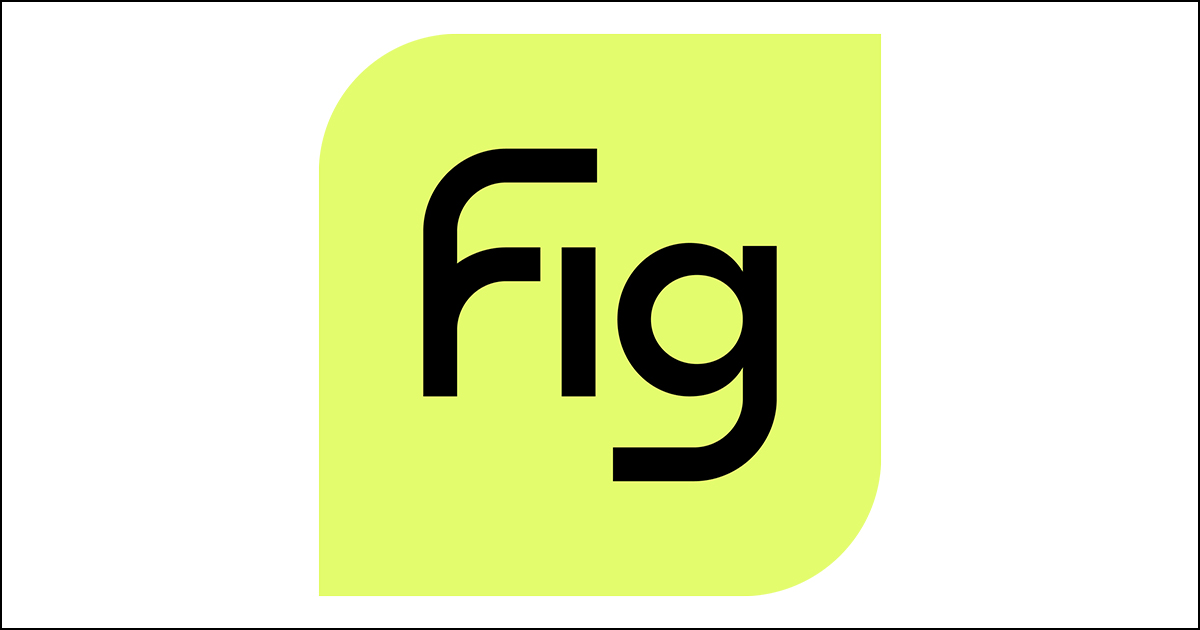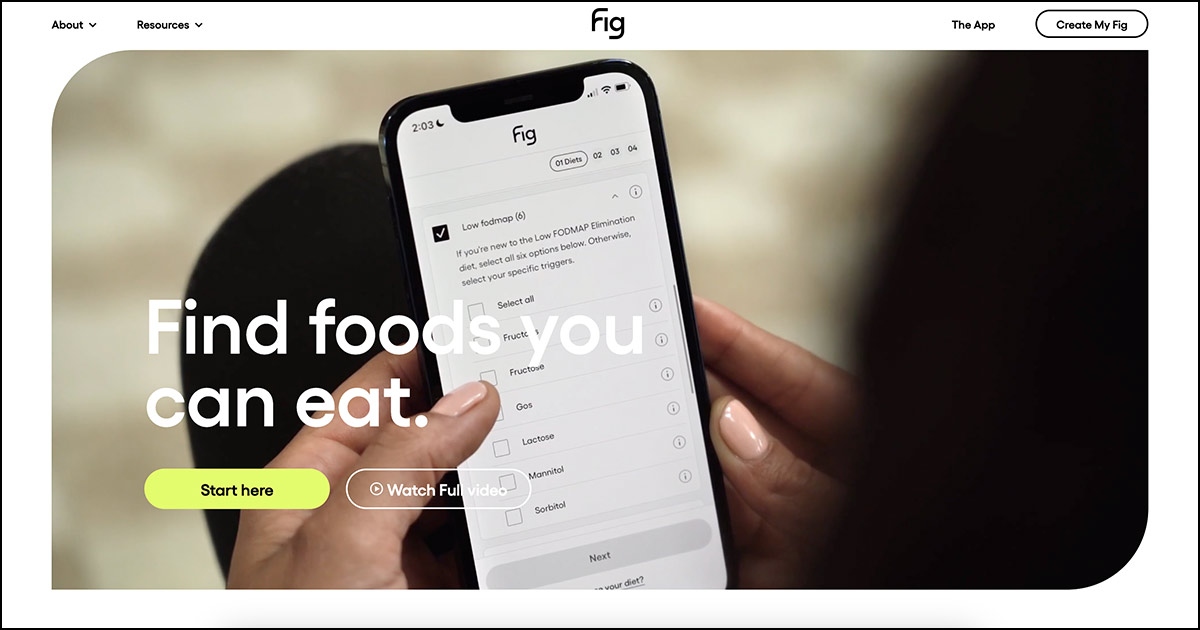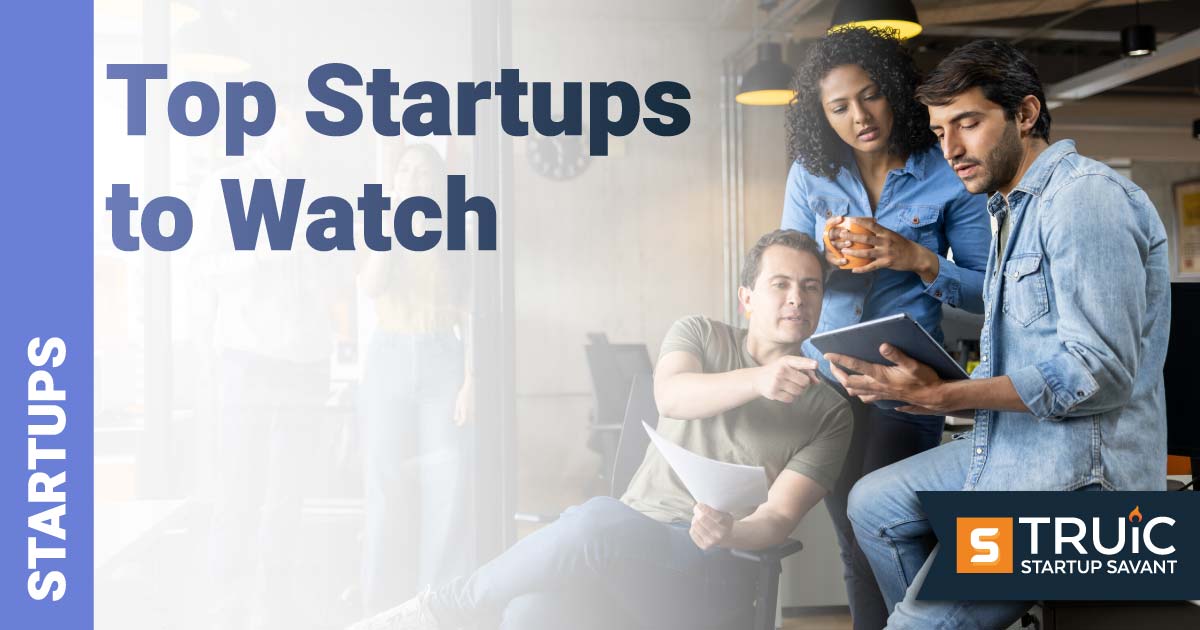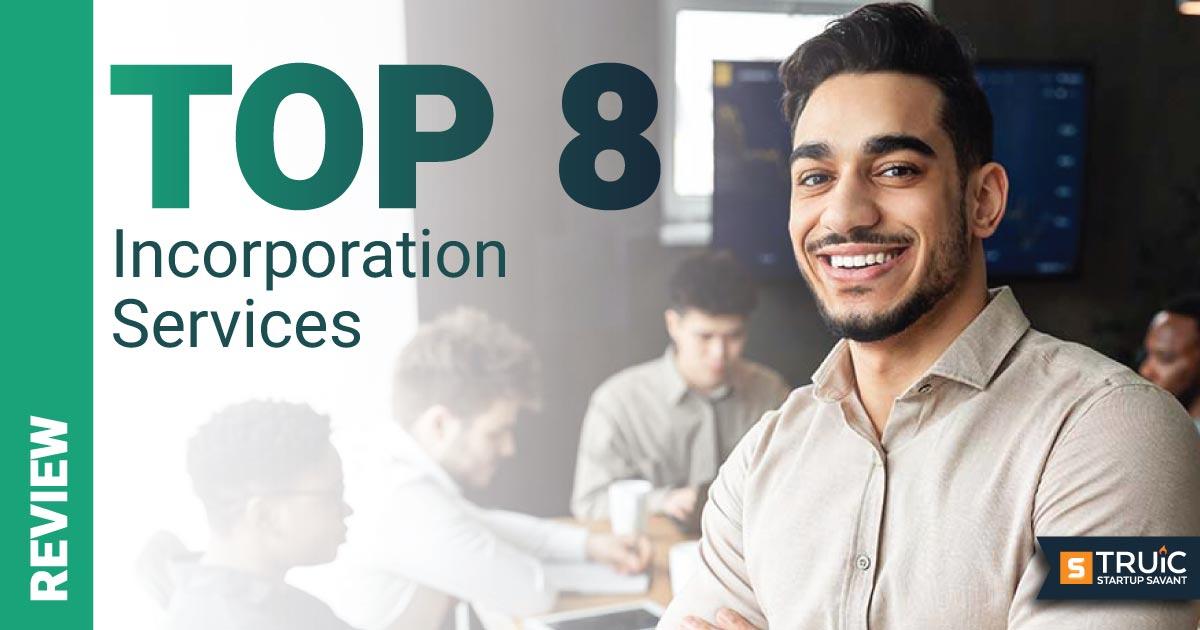Fig (Food is Good) Profile

Last Updated: By TRUiC Team
Fig, or “Food is Good,” is a food and beverage startup offering people with food allergies or restrictions to easily find products that fit within their diet using an app.
Interview With Andrew Hollar and Max Rebarber
Describe your product or service:
“60% of the world lives with dietary restrictions. These restrictions range from food allergies and sensitivities to complex medical diets for conditions like Celiac Disease, Histamine Intolerance, Alpha Gal Syndrome, and Irritable Bowel Syndrome (IBS). When you live with dietary restrictions, eating is a real challenge. Sometimes, families have to limit or avoid upwards of 500 ingredients. Meal planning and shopping for groceries can take hours. Going out to restaurants feels impossible. Social events with friends and family are a source of tremendous stress.
Fig aims to be your digital companion that helps you find food options, no matter how restrictive your dietary needs are. Right now, Fig's app helps you find food at grocery stores and restaurants. Soon, Fig will also let you share your dietary needs with friends and family, so they can better love and support you through food, too.”
Describe your company values and mission:
“Fig is committed to helping everyone feel their best through food. We believe food is the original, best medicine. If you have to watch what you eat, we want Fig to be there alongside you, helping you focus on what you CAN eat instead of what you can’t.
Fig's values:
- Yes before no: The challenges facing those with dietary restrictions are immense. How can we figure out a way to solve them instead of saying “these are too hard to solve.”
- A commitment to accuracy: Ingredient and allergen accuracy is incredibly important to our team. We understand the consequences of eating the wrong thing.
- Diversity: We celebrate our Fig members who live around the globe and have unique cuisines.
- Kindness and understanding: Life is hard enough without dietary restrictions. Empathy and compassion remind us why we do what we do.”
How are you funded? I.e. type of funding, number of funding rounds, total funding amount.
“We are backed by venture capital and angel investors.”
How big is your team?
“Fig has seven full-time employees and contracts with expert dietitians in multiple fields. The best part of Fig’s team: the problem of dietary restrictions is personal. Most everyone on the team lives with dietary restrictions themselves. Tyler, the head of marketing, has more than 50 dietary sensitivities, including chocolate, bananas, and citric acid (which is in everything!). Engineers Brian and Bex each have MCAS (Mast Cell Activation Syndrome) and follow a complex low histamine diet. Bex also lives with a corn allergy and is famous within that community — Bex runs the popular website cornallergygirl.com. Engineer John has a lactose intolerance. Co-founder Andrew has IBS and SIBO and is exploring the possibility of having a histamine intolerance. Dietary restrictions are VERY real for the Fig team. The team knows what it’s like to live with a restricted diet, and this empathy carries over into everything the company does.”
How did you come up with and validate your startup idea? Tell us the story!
“From co-founder Andrew:
My life changed suddenly in 2014 after a work trip to Cancun, Mexico. Up until that trip, I had never had any significant health problems. But when I got home from Mexico, I was in terrible shape. I was waking up in the middle of the night, itching all over my body. My fatigue and brain fog during the day were debilitating. And within a few months, terrible GI symptoms started happening as well. Life as I knew it literally came to a stop.
From 2014 to 2017, I saw more than 20 doctors trying to figure out what was going on. I saw doctors at all of the best hospitals in New York City. Over and over, the doctors would tell me the same thing: “We believe that you’re having terrible symptoms, but all of the tests are coming back normal. We just don’t know how to help you.”
Finally, in 2017, I was reading a blog from an alternative medicine doctor in Chicago. He mentioned a condition called SIBO (small intestinal bacterial overgrowth) which is a type of IBS (irritable bowel syndrome). I flew to see the doctor, and the test for SIBO was off-the-charts positive. I finally had a partial explanation for my symptoms over the past three years.
The treatment for SIBO involved antibiotics and a significant diet change. I started a Low FODMAP, low sugar, and low preservatives diet. My GI symptoms resolved, and for the first time in three years, I finally felt like myself again.
The problem? There were more than 500 ingredients I needed to limit or avoid entirely on the diet. I remember my first trip to the grocery store — I literally cried in the aisle, thinking this was going to be my new life. I'd spend hours in the grocery store and often come home empty-handed. There had to be a better way.
This was the inspiration for Fig. Why couldn’t I tell an app my specific dietary restrictions (down to the ingredient level), and then the app would instantly show me EVERYTHING I could eat?
We first tested the idea by building a Google Chrome extension that worked on grocery store and recipe websites. The extension was a big hit, but we got the same feedback over and over: “Please build a phone app!!!”
So, that’s what we did. The Fig phone app launched in beta in December 2021 and has been available in the USA ever since.”
How did you come up with your startup's name? Did you have other names you considered?
“When you live with dietary restrictions, it’s very easy to start fearing or even hating food since eating the wrong thing can cause symptoms for days. Because of this, many people with dietary restrictions will eat the same five foods over and over because they know those foods won’t make them sick. Unfortunately, this isn’t healthy from a nutritional standpoint. And it’s no fun either — food is meant to be enjoyed!
Our company’s name is Fig, which is an acronym that stands for “Food Is Good.” We named our company Fig because we wanted people with dietary restrictions to fall in love with food again. One of our main goals is to help people with dietary restrictions expand their dietary palettes — and to find new foods that they can safely eat and enjoy every day.”
Did you always want to start your own business? What made you want to become an entrepreneur?
“Yes, being an entrepreneur has always been in my veins. When I was in 7th grade, I started a company called Hollar 4 Hollar Computer Services (a cheesy play on my last name). We provided computer repair services for residential and business customers in the Atlanta, Georgia, area.
To my surprise, by the time I graduated high school, Hollar 4 Hollar had grown to serve more than 225 customers. I was hooked on entrepreneurship. It’s an incredible feeling to build something new and to watch it grow (or not) based on your own actions.
My favorite memory from my H4H days: A customer once told me: “It’s not how much someone pays you that matters. It’s how many times they call you back.”
Providing great service will keep customers coming back — and more importantly, telling all of their friends about your company, too.”
What was the biggest obstacle you encountered while launching your company? How did you overcome it?
“One of our biggest challenges was and continues to be accuracy. Our members trust us to help them find food that fits their unique dietary needs. This is a responsibility we take very seriously. We spent a tremendous amount of time before launching our startup working on the accuracy of our algorithms and product data. A big question we faced in the early days: how much time should we spend optimizing accuracy before launching our MVP? In retrospect, we probably spent too much time.
The other obstacle we faced was figuring out the right business models for each stage of the company's development. We dream of a world where everyone with dietary restrictions uses Fig to navigate food. This vision includes partnerships with grocery stores, employers, and healthcare insurers; however, these partnerships take years to build. How can you drive revenue in the interim to keep the company afloat? Venture capital was certainly helpful; however, we soon realized Fig needed its own sustainable source of income, especially as macroeconomic conditions changed.”
Feeling inspired? Learn how to launch your company with our guide on how to start a startup.
Who is your target market? How did you establish the right market for your startup?
“Our target market includes people and families with dietary restrictions. These dietary restrictions range from food allergies and food sensitivities to complex medical diets for conditions like Celiac Disease, IBS, Crohn’s, Mast Cell Activation Syndrome, etc.
Having dietary restrictions ourselves, we basically targeted people who look like us. We knew how hard it was to shop for groceries, so we built a solution that solved our own problems. That’s still how we run the company today.”
What's your primary marketing strategy?
“We primarily make videos on TikTok and Instagram Reels targeted at communities with dietary restrictions. We also have an SEO strategy that targets people who are searching for diet-related terms. For example, if someone searches for “Is xanthan gum low FODMAP,” we hope to be a top result. We also run social media groups that combine grocery store names with different diets — for example, Trader Joe's Gluten-Free Gang, which now has more than 115,000 members. Each member is asked when joining if they've downloaded the Fig app.”
How did you acquire your first 100 customers?
“We found people who live with dietary restrictions on Facebook groups and reached out to them. We told them we also live with dietary restrictions, and our mission was to try to make life with food issues better.
These initial users have been with us from the beginning. They recognize it’s a marathon — not a sprint — and they’re pulling for us and helping us along the journey. They're the first people we turn to for feedback when assessing and testing new features.”
What are the key customer metrics / unit economics / KPIs you pay attention to to monitor the health of your business?
- “# of downloads
- % who start a free trial of Fig+, our premium offering
- % who convert from free trial to paid offering
- Retention
- LTV (customer lifetime value)
- CAC (customer cost of acquisition)”
What's your favorite startup book and podcast?
“My favorite podcast is ‘How I Built This’ on NPR. I love listening to experiences from other entrepreneurs. Even though we’re building different companies, it’s incredible how similar the challenges can be. There is zero doubt that building a startup is a series of extreme highs and extreme lows.
One message that seems to come from every successful founder that I will always remember: JUST DON’T QUIT OR GIVE UP.”
What are a few of your favorite startup tools, apps, or services?
“I love using Microsoft’s free To-Do List app to help me prioritize and execute my daily and weekly tasks. I start each day with an initial prioritized list of to-dos. Throughout the day, I move items up and down on the list based on changing priorities (e.g., is there a task that needs to be done to unblock someone else).
Slack has been exceptional for remote communication. Zendesk has been great for managing customer service experiences. I'm a frugal person by nature, but I've come to realize that paying for high-quality tools to free up my time is money extremely well spent.
I also couldn’t have built Fig without Microsoft Excel and Google Spreadsheets.”
What is something that surprised you about entrepreneurship?
“It’s both rewarding and grueling. Every day, I remind myself that I’m working on something that will truly make a difference for millions of people. I’m grateful for that opportunity.
But I also feel the chronic stress of a startup. It’s a low-level stress that never goes away. As a founder, your work could potentially never done. There are always new ideas to explore, features to build, consumers to respond to, founders to network with, etc.
It’s become clear to me after three years that I MUST focus on my mental health and work-life balance; otherwise, burnout is inevitable. The work will never stop. I have to be the one to set up guardrails and to call a time-out when necessary.”
When did you know it was time to quit your day job to focus on your startup?
“I was an entrepreneur in middle school and high school. I started my own computer services firm that had more than 225 residential and commercial customers. I have to think entrepreneurship was always in my blood.
Unfortunately, college was a setback in some ways. When I went to Duke, I developed a strong fear of failure and a debilitating sense of peer pressure. I pursued other career paths like consulting and investment banking, because that's what all the other high-achieving students were doing.
After seven years working in those industries, I knew I wasn't happy. I'm a hard worker by nature, and I was pouring myself into work that no one really cared about. It was time to pour myself into something I truly cared about. I haven't looked back since.”
What was your first job and what did it teach you?
“My first job was at McKinsey. When you work as a consultant, you’re constantly changing projects every few months. Each project has a new team, a new client, a new geography, and a new type of work (strategy, operations, mergers & acquisitions, etc.). It truly does feel like you're drinking from the metaphorical firehose.
What it taught me: With hard work, anyone can get up-to-speed and deliver value very quickly. You shouldn’t be afraid of new challenges or fear that you’re too young or too underqualified to do something. Everything in this world is learnable, and most things are not as challenging as rocket science. All you need is curiosity, competence, and a strong work ethic. Most importantly, you just need initiative to GET STARTED. Most startups and companies fail because they were never started in the first place.”
Tell Us Your Startup Story
Are you a startup founder and want to share your entrepreneurial journey with our readers? Click below to contact us today!
More on Fig

Founder of Food Tech Startup Fig Shares Their Top Insights
Andrew Hollar, founder of food tech startup Fig, shared valuable insights during our interview that will inspire and motivate aspiring entrepreneurs.

Here’s How You Can Support Food Tech Startup Fig
We asked Andrew Hollar, founder of Fig, to share the most impactful ways to support their startup, and this is what they had to say.






